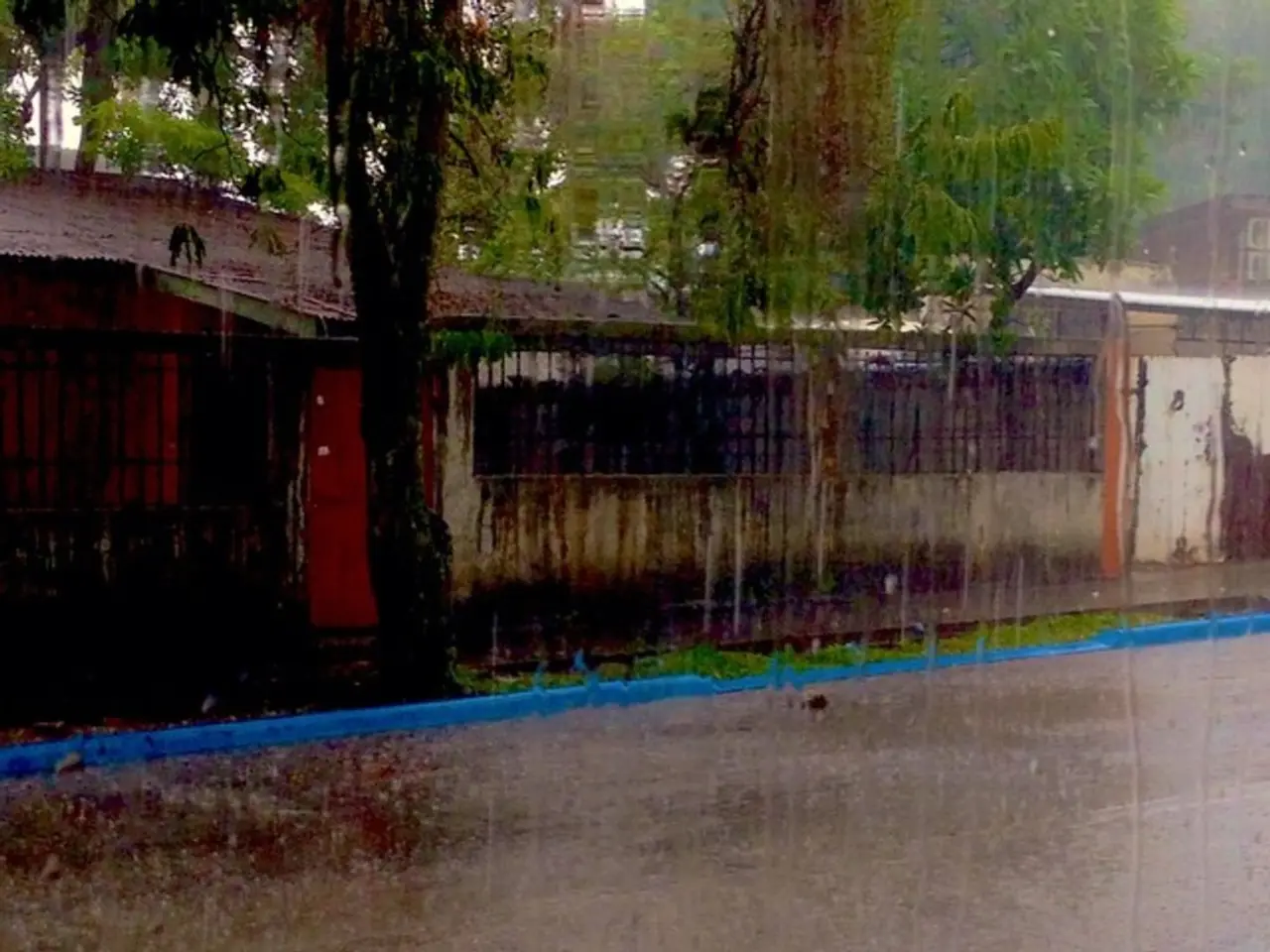The giving of minimal political tokens won't advance us any further.
In recent years, the Norwegian government has been investing in its pension system and renewable energy initiatives to secure a better future for its citizens. However, the current approach towards energy tax credits and mothers' pensions (or pension systems more generally) faces notable limitations in fully addressing old-age poverty and reducing electricity prices for all.
### Energy Tax Credits and Electricity Prices
The government's recent legislation has curtailed clean energy tax credits, particularly affecting wind and solar projects. While these incentives aimed to stimulate renewable energy investments, thereby potentially lowering electricity prices long term, the Senate’s recent amendments significantly limit these incentives. This rollback may slow the transition to renewables and dampen downward pressure on electricity prices.
### Mothers' Pension and Old-Age Poverty
Regarding old-age poverty, the focus has been on state pension systems, including debates over pension age increases and indexing policies. Increasing the state pension age is seen as a policy to control rising public finance pressures due to longevity increases, but this shift disproportionately harms poorer individuals. More targeted pension policies, such as means-tested benefits or higher Universal Credit allowances for those nearing pension age with low incomes, could more effectively reduce old-age poverty by directly assisting those most at risk.
### Comparison with More Targeted Policies and Renewable Investment
Investments in renewables supported by generous tax credits tend to lower electricity prices over time by increasing clean energy supply, enhancing market competition, and reducing dependence on fossil fuels. Curtailing these incentives risks slowing progress and maintaining higher electricity prices for consumers. A combined strategy with targeted pension assistance and sustained renewable energy investments is likely more effective, addressing poverty directly while enabling a cleaner, more affordable energy system.
However, the state has not proposed a comprehensive plan to lower the electricity price for all consumers, nor has it invested in the new stock pension or grid expansion to generate returns faster or promote renewable energies. Moreover, the black-red coalition has only partially reduced the energy tax, with relief only given to the manufacturing industry, agriculture, and forestry, while the private sector and consumers were not relieved from the energy tax.
In conclusion, the current approach shows some fiscal control but at the expense of equity and long-term cost savings for consumers. A more targeted approach that focuses on investing in the new stock pension, renewable energies, and grid expansion, while also implementing more targeted pension policies, could yield better outcomes in reducing old-age poverty and electricity prices for all.
- The Norwegian government could enhance its community policy by proposing a comprehensive plan that focuses on investing in the new stock pension, renewable energies, and grid expansion, as this strategy might promote equity and long-term cost savings for consumers.
- Meanwhile, in the realm of policy-and-legislation and politics, a more targeted approach to pension policies, such as means-tested benefits or higher Universal Credit allowances for those near pension age with low incomes, could potentially reduce old-age poverty and address the limitations found in the current pension system and mothers' pensions. Such targeted policies could directly assist those most at risk, while vocational training for the workforce could further empower individuals and contribute to general news of an improved socio-economic climate.








